Lobectomy: Lung Surgery
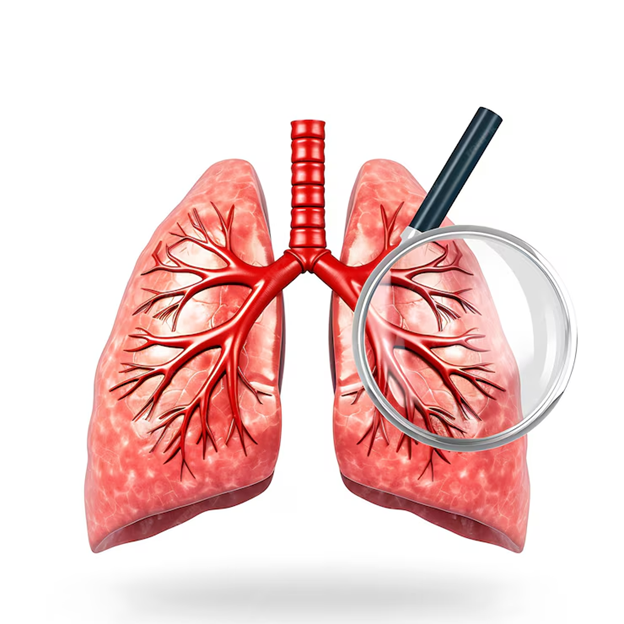
It is a surgical procedure to remove a part (lobe) of the lung. The procedure is usually done to treat cancer or a cyst. The procedure may be done as an open surgery or as a minimally invasive technique, such as robotic surgery. Why is Lobectomy Performed? A lobectomy is performed to remove a tumor […]
Know About Mechanical Ventilation
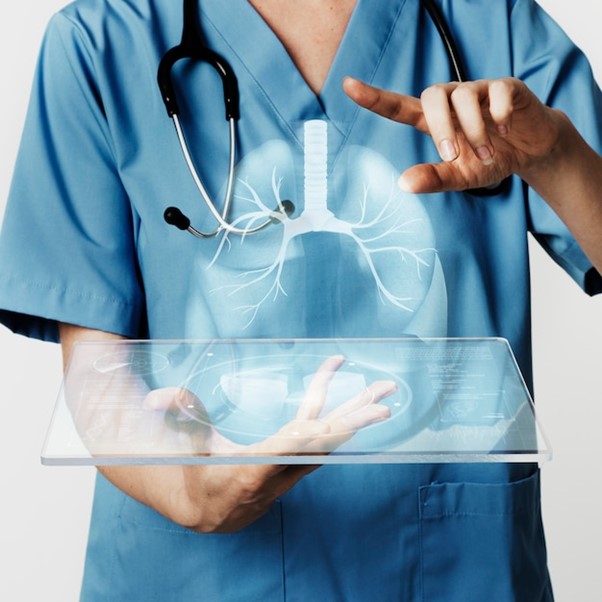
A medical intervention that involves the use of a machine to help patients who cannot breathe on their own. It is also known as artificial respiration or simply a ventilator. Mechanical ventilation provides oxygen to the lungs and helps to remove carbon dioxide from the body. Types of Mechanical Ventilation 2 main types: Why are […]
Exploring Thoracic Cancer: Types, Symptoms, and Diagnosis
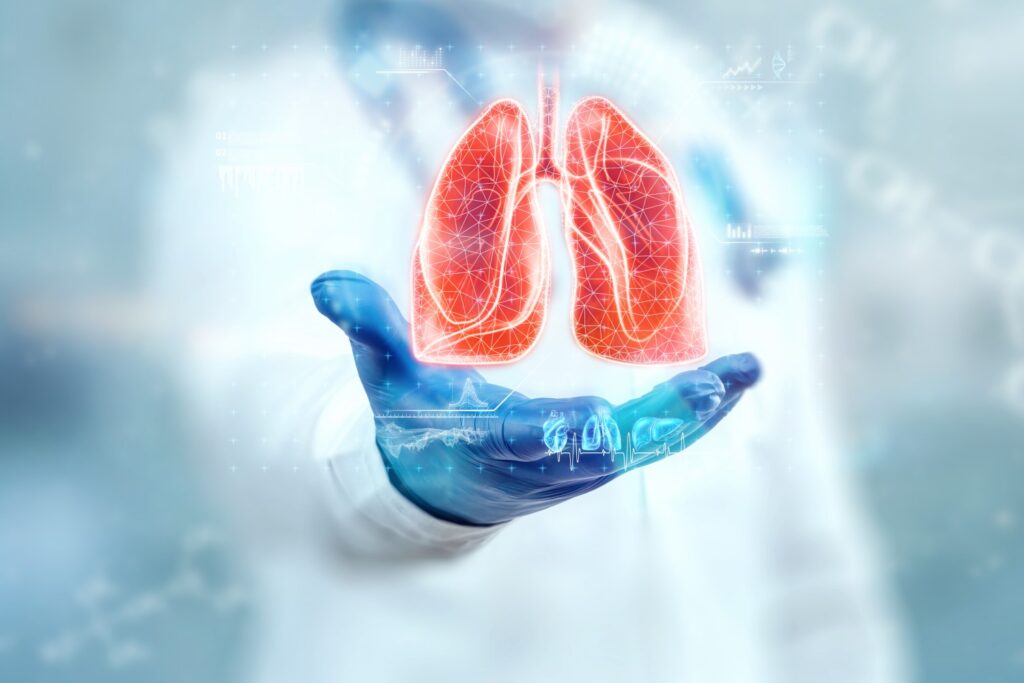
Thoracic cancer, a formidable group of diseases affecting the lungs, esophagus, and chest, presents distinct challenges that warrant in-depth comprehension and proactive management. This article will delve into the diverse types of thoracic cancer, the prevalent symptoms associated with them, and the diagnostic techniques employed to facilitate early detection. Understanding the Types of Thoracic Cancer: […]
Mastering Thoracic Cancer: Treatment Options and Lifestyle Strategies
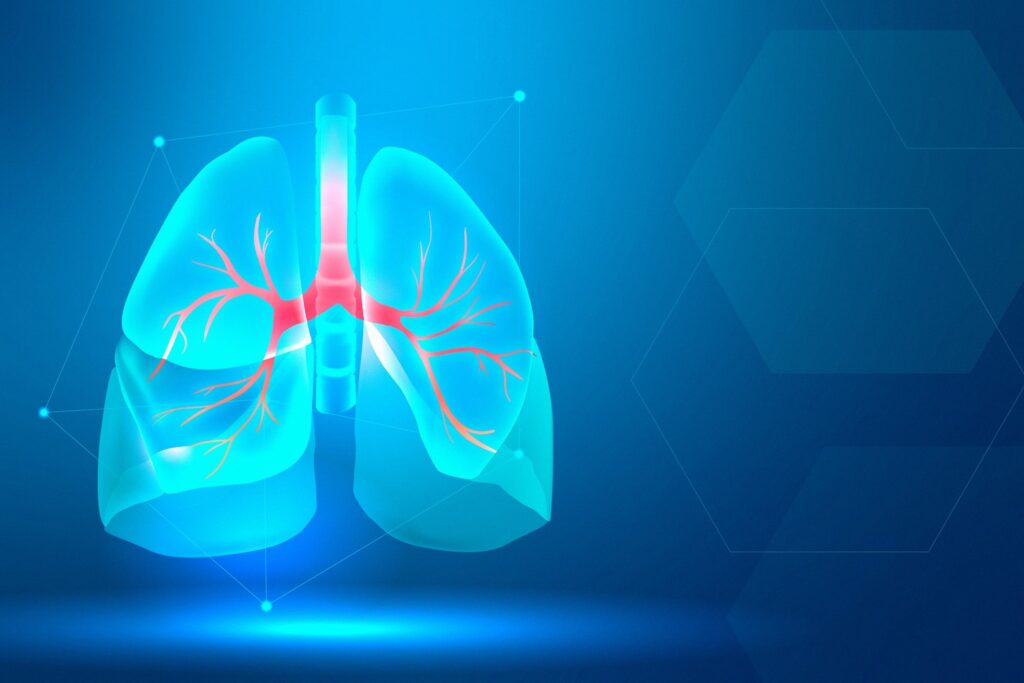
The pursuit of effective thoracic cancer management necessitates a comprehensive strategy that encompasses medical interventions, lifestyle adjustments, and the cultivation of emotional support. In this article, we will delve into the diverse treatment options available and the vital role that lifestyle strategies play in enhancing holistic management. Navigating Through Treatment Options: Embracing Lifestyle Strategies: In […]
Fiberoptic Bronchoscopy: A Look Inside Your Lungs
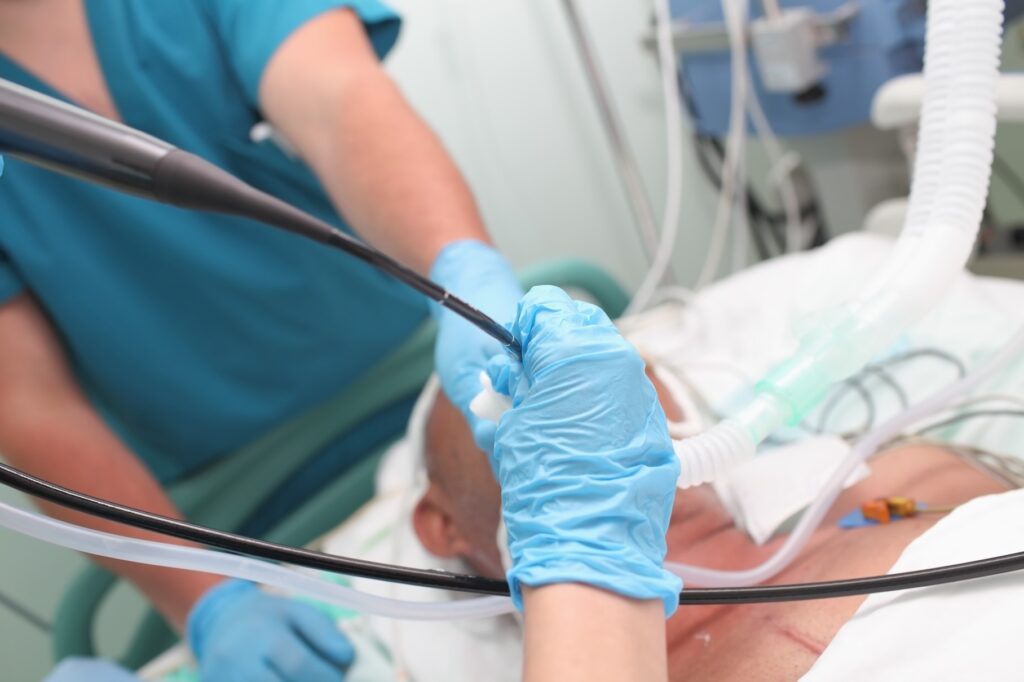
Fiberoptic bronchoscopy is a diagnostic procedure that allows doctors to examine the airways of your lungs. It involves using a thin, flexible tube equipped with a tiny camera, called a bronchoscope. This procedure helps diagnose and sometimes treat lung conditions. What Happens During a Bronchoscopy? Before the procedure, you may be given a sedative to […]
Navigating Post-Operative Care and Advantages of Lung Transplantation

Undergoing a lung transplant is a life-changing procedure that requires careful post-operative care to ensure a successful recovery and maximize the benefits of transplantation. Post-Operative Care for Lung Transplant After undergoing lung transplant surgery, recipients require specialized post-operative care to monitor for complications, prevent organ rejection, and promote healing. The following are essential components of […]
Navigating Post-Bronchoscopy Care: When to Contact Your Doctor and Precautions to Take
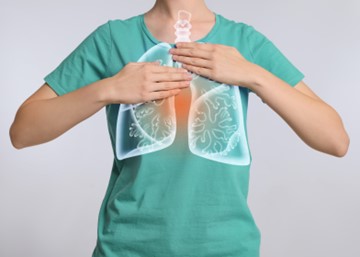
After undergoing bronchoscopy, proper post-procedure care is essential to ensure a smooth recovery and minimize the risk of complications. Bronchoscopy: When Should I Call My Doctor? While bronchoscopy is generally considered a safe procedure, certain symptoms or complications may arise that warrant medical attention. Patients should contact their doctor if they experience any of the […]
Know More About Pneumonia: The Lung Disease

Pneumonia is swelling of the tissue in one or both lungs, usually caused by bacteria, viruses, or fungi. The condition is common in infants and people above 65 years who have a weak immune system. Pneumonia can be life-threatening depending on your age and overall health. Symptoms of Pneumonia The symptoms can develop suddenly, or […]
Unmasking Pneumonia: Causes, Symptoms, Treatment, and Prevention

Pneumonia, a respiratory infection affecting the lungs, demands attention due to its potential severity. Understanding the causes, recognizing symptoms, knowing treatment options, and practicing preventive measures can significantly impact pneumonia management. In this article, we delve into the intricacies of pneumonia, shedding light on vital information to promote awareness and well-being. Causes of Pneumonia Various […]
Pleural Effusion: Fluid in the Lungs

Pleural effusion is a condition in which fluid builds up in the space between the layers of tissue that line the lungs and chest wall. This fluid can cause shortness of breath and chest pain. It can also put pressure on the lungs and heart, making it difficult to breathe. This can occur due to […]

